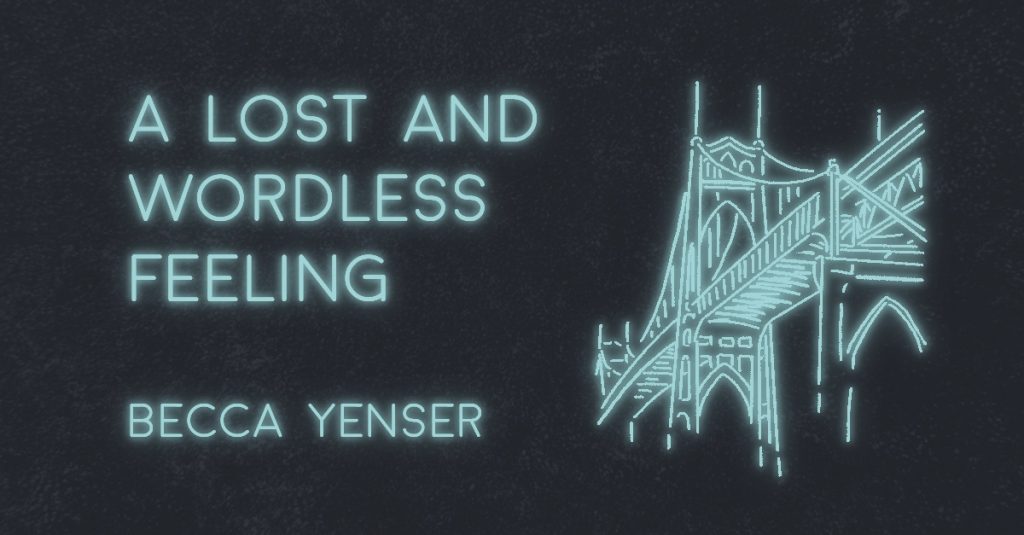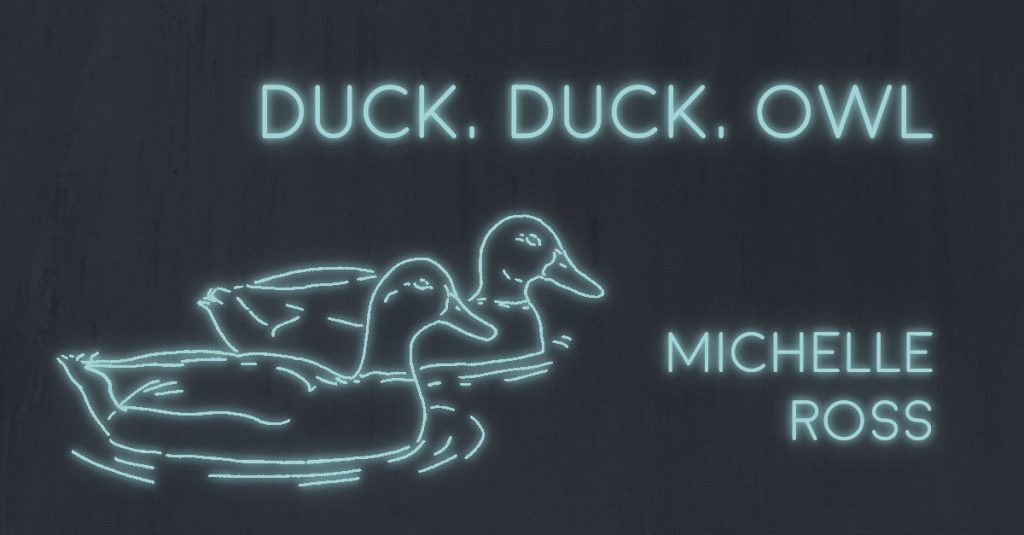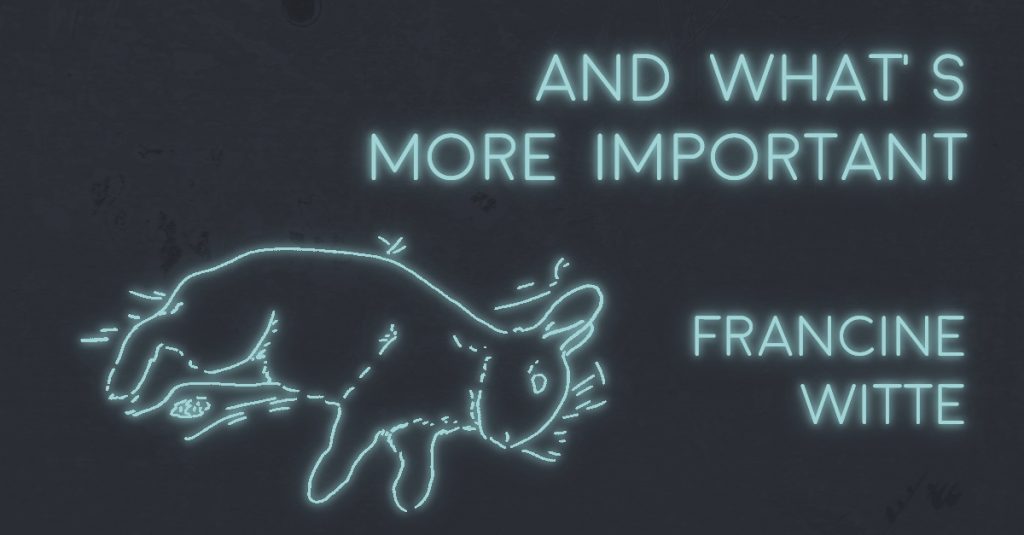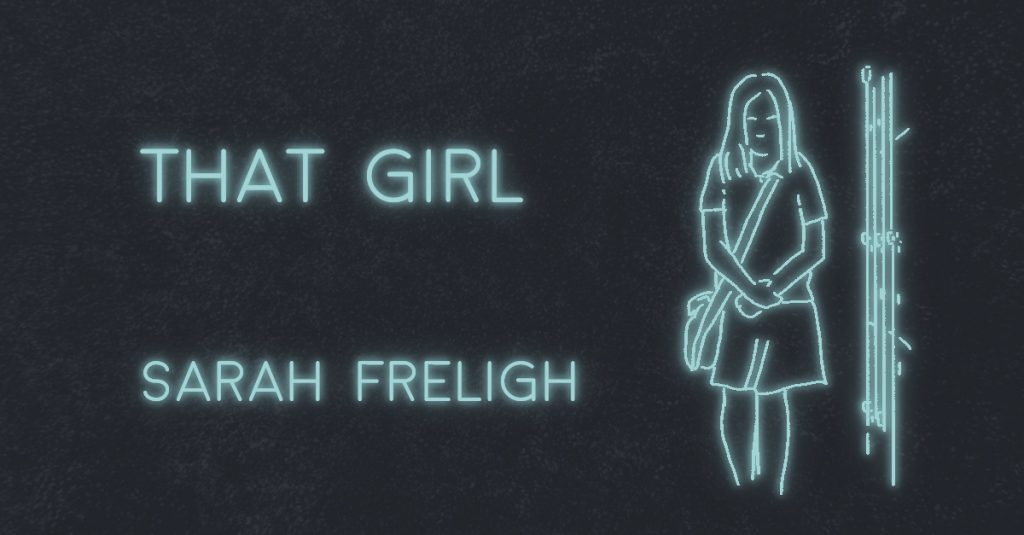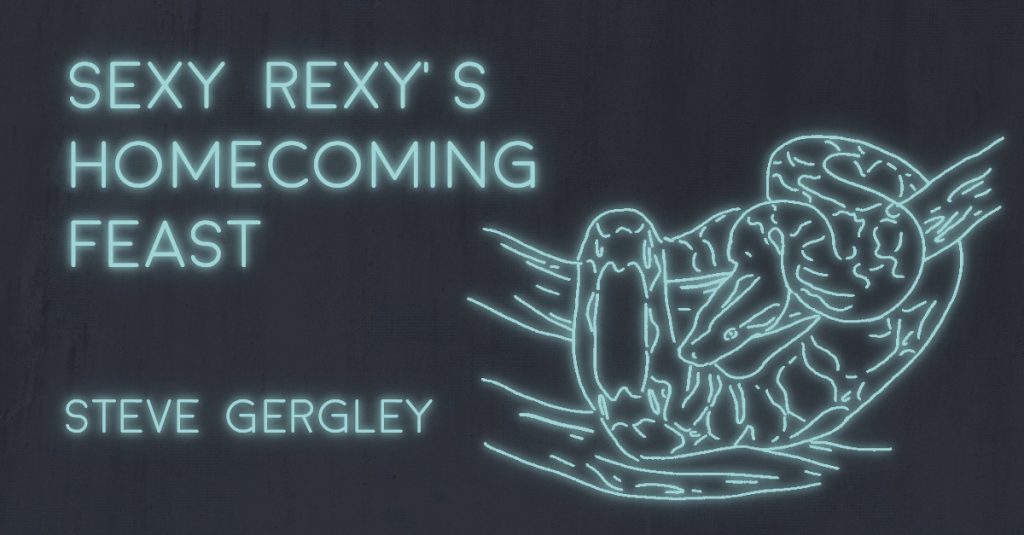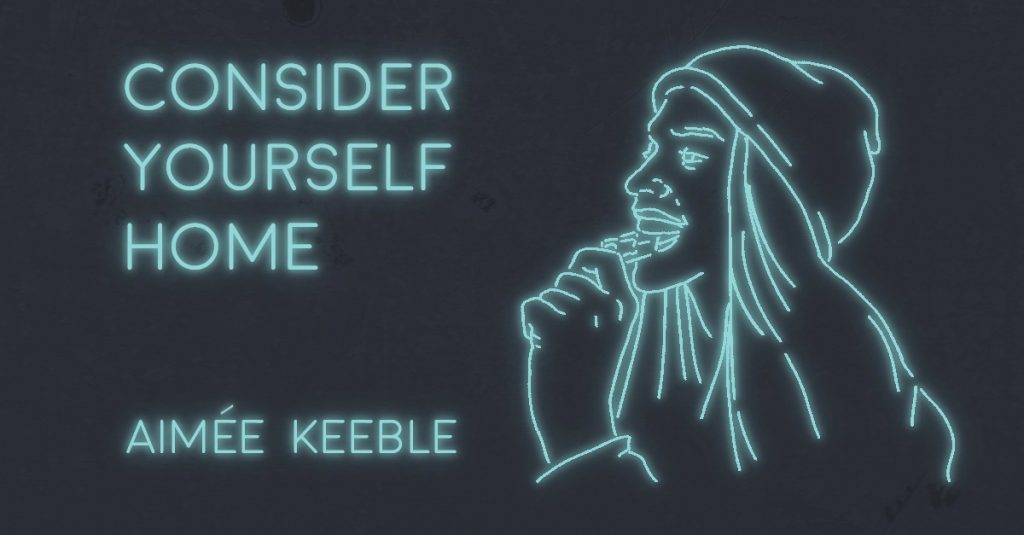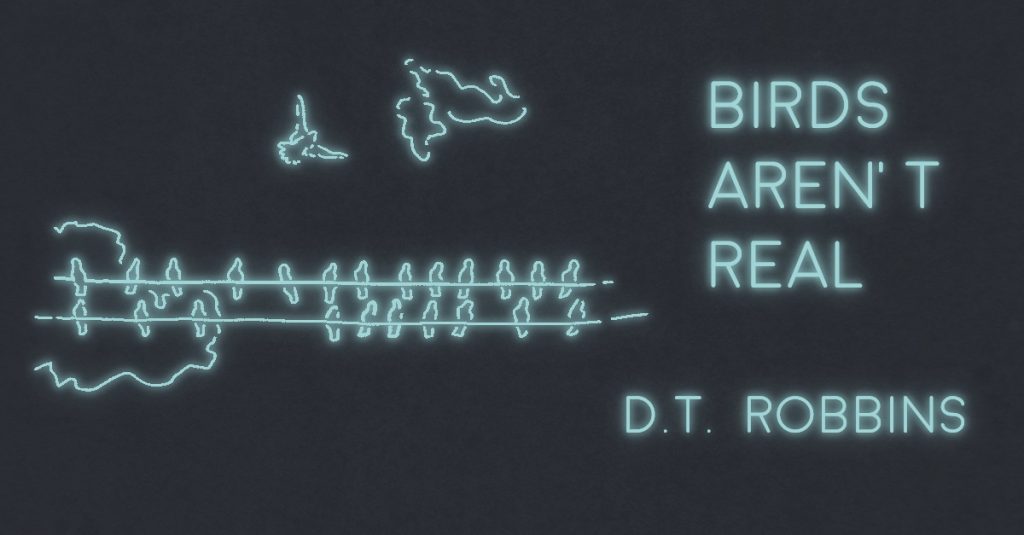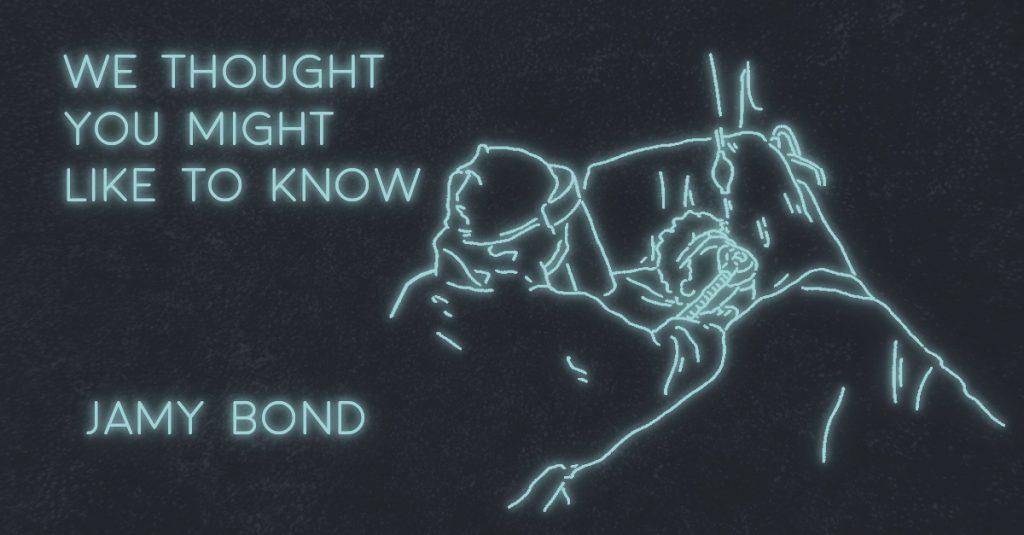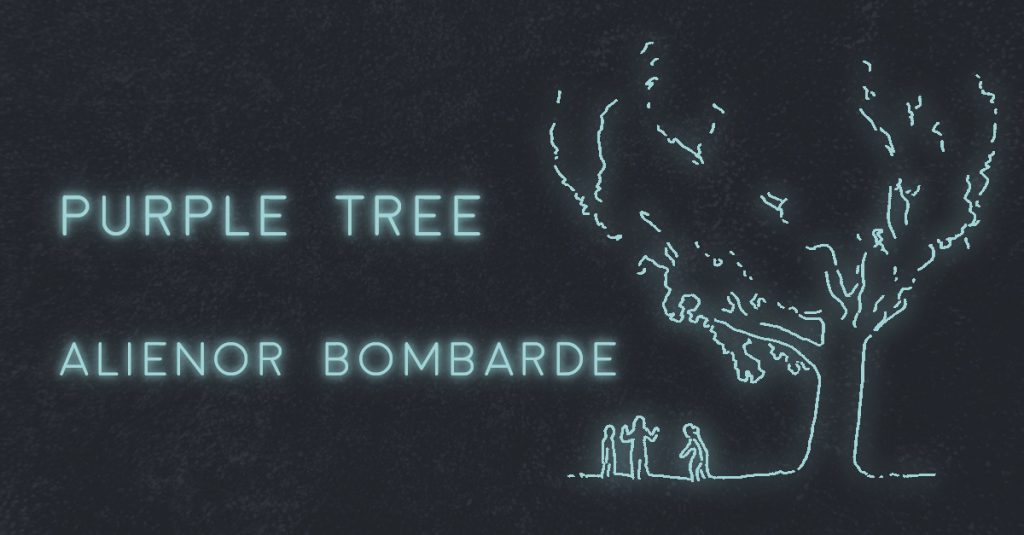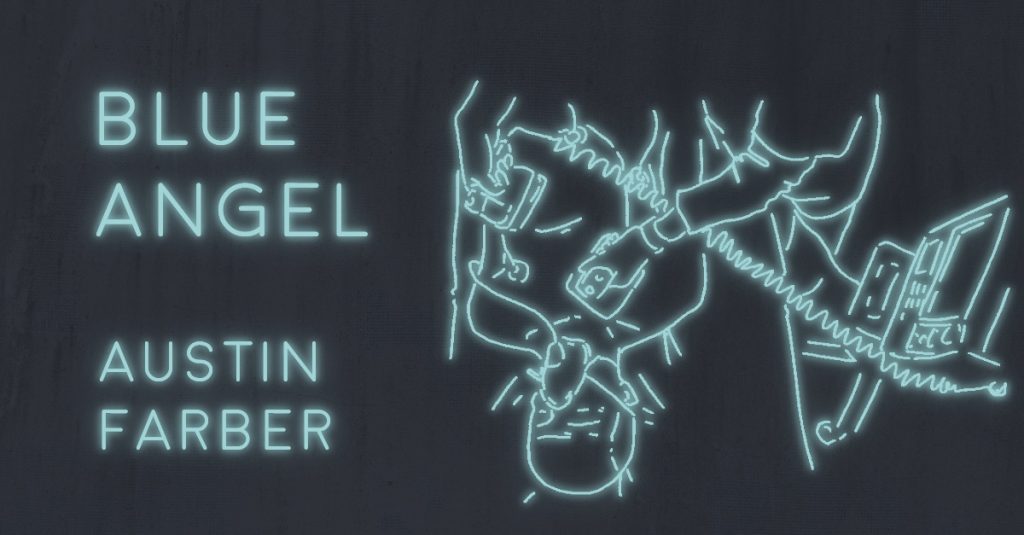It was not her favorite tree. It was simply where the children met. The tree was tall, its purple leaves like curtains, shielding its trunk. It was where, when she was four years old, she first saw Pasang.
Pasang was the first and only newcomer the children ever knew. His father had come to work on construction plans. Pasang had a round face and a soft pink mouth. Even before she knew that people could use mouths for anything other than eating and drinking, she liked the look of it, its softness and slight downward turn.
Those were the days, this was the place, where no one was excluded from village games. It was the summer, when children roamed the furthest over the rolling hills. As far as the next village, almost.
Pasang joined in while his parents were still unpacking. When Pasang caught her, he did not pull her hair, or kick or slam her hard against the rough earth. Pasang tapped her arm and ran away.
She decided that, should she ever need a prince, she would choose Pasang. In the stories her mother told, all heroines had princes or pet bears. They seemed a necessary accessory.
When she told Pasang she loved him, he blinked his large, quiet eyes. She imagined he did not know what love was. He said he loved her, too. She accepted it as the appropriate response. For two autumns, Pasang was her prince. Naturally, she made sure he knew his place. Princes should never get too ahead of themselves, or of their Princesses.
One day in December, they went to the river together. She dared him to go in, so he took off his shoes and dipped his toes in the icy water, his jaw clenched. Pasang did not cry out. She took off her shoes, tied her dress around her shoulders, let the water sting her thighs. When he got out of the water, they both knew she had won.
She told him nothing could hurt her. It was January, the air cold and smelling of the cookies his mother was baking. Pasang said she was lying. So she insisted. No one had killed her so far, she said, so it must be impossible for her to die. Her neck was special, she told him.
Pasang reached, curious. He wrapped his fingers around her neck and pressed, gently at first, and then harder, wondering how long she would resist.
“See! See!” she cried, defiantly, determined not to be the first to give in. “It doesn’t hurt.”
Pasang let go. He said he had to go to Goba’s house. Goba was the teacher’s son. He was spoilt and liked no one, except Pasang, who was the only one he did not consider beneath him. When Goba played with Pasang, she would follow the older girls around. These playtimes were interesting, but older girls were scary to copy.
The older girls had invented a game. One had to place a leg inside passageways and slam the door as hard as one could. The girls showed off their bruises. She had never seen any of them shed a tear.
The little girl tried it one day after school. On her own, in case it hurt and she cried. She picked the school’s heaviest door for the bruises. She was small for her age and half the size of the older girls. She still had a lot to prove.
When the door swung shut on her foot, she screamed so loud grown-ups came running. Goba’s mother found her and carried her home.
When the older girls, and Goba and Pasang, came round to look at her swollen, bandaged foot, they looked at her with fascination and grudging respect. Pasang’s mother baked her cookies. Sometimes Pasang would come and draw beside her. Goba and his mother came too, with books and games, but Goba scowled at her and begged Pasang to play outside.
When her foot healed and she could play tag again, Pasang never chased her, though she was one of the smallest and the easiest to catch. This infuriated Goba, who took it as a sign of Pasang’s affection. Goba had a tantrum every time he saw her.
Sometimes they would sit beneath the purple tree, just so Goba wouldn’t see them. They watched the grass shudder in the breeze and held each other’s hand. Once, they kissed each other on the lips. They promised to keep it a secret.
When she was six, and Pasang seven, the construction plans were finished, and Pasang’s father had to move away. He needed to help another village plan. The village children were sad. Their parents said roads were being built all over the country, like the one which would soon allow them to get to the city.
“Once I am sixteen," she told Pasang beneath the purple tree, "I will come to find you."
“Once I am a grown-up, I will come back here and marry you.”
It seemed like an appropriate adventure for a Princess. Pasang gave her a necklace, a gold heart on a chain. It was just the kind of heart-shape she liked. She swore she would never take it off.
After Pasang left, Goba no longer had Pasang to impress, and his hatred of her intensified. He bullied her. Goba was taller and stronger than the other boys, so that they were obliged to bully her, too.
She understood this, for she had known them their whole lives. Likewise, when she bit them until they cried, they understood, too, and never showed their mothers the marks she left.
Roads were built across the country. Grown-ups talked about property value, and the mayor asked some people to sell their land and houses and move away. People had never had money, they had always had homes instead, but they welcomed this change as an inevitability. When she was eight years old, her parents packed all their belongings into boxes. They moved hundreds of miles away, leaving behind the river and trees, green valleys and orange sunrises with streaks of pink. Her school walk became a bus ride. Around her, grey streets and a grey school so tall you could barely see the heavy, grey sky. But she was happy. She never had to bite anyone again.
The city took her in, and soon she forgot the village and Goba and the countryside.
Decades later, one day in April, she was driving, her husband and children in the car. Her husband was a man of the city, his childhood was nothing like hers.
"I used to live here," she said.
She peered out of the window at the harvested land. No one could live here. Not now. The valleys had turned into factories and farms. Everything else was replaced, deserted. Only the church remained, and its cemetery. The river flowed across the valley, still.
She stopped the car to take her children to see. They walked up the hill where she had played. A figure stood beneath a tree, leaning against the trunk and staring at the dried-out grass. The tree’s leaves were purple, veiling the slope.
The stranger saw the family coming. He moved as if to leave, and affected polite embarrassment. Then he stopped in his tracks, his eyes widened and his mouth hung open.
"Lotus?" he called.
She looked at him, bewildered, trying to place this bearded man. How did she know him? Lotus took in his round face, his quiet eyes, and the soft, pink mouth. Love flooded through her.
"Pasang?"
They began to laugh and struggled to stop. They went towards each other and hugged each other’s new and grown up bodies. They collapsed against each other in one long, shocked, unstoppable giggle. He kissed her cheek, then went to shake her husband's hand.
"My, you're all very tall," he said to her children. They blushed, knowing they weren’t tall at all.
Lotus looked at the tree, at the grass. She wanted to talk to Pasang about all that happened since their childhood. She touched the necklace she had always worn, that chain with a gold heart. Pasang saw it and smiled. They both looked back at the tree.
